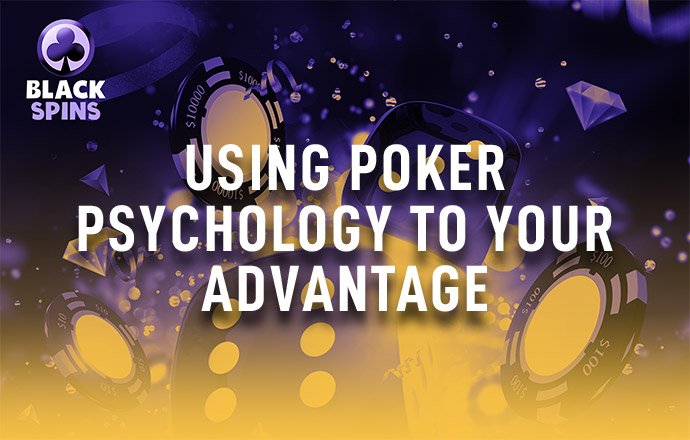
Why a Grip on Psychology Can Be Helpful?
When you look at some of the online resources that promise hopefuls how to play Poker and win, most of the information provided is hi-fi. Things like calculating the odds of what cards are still in the deck and counting cards might not be everybody’s cup of tea. And yet, most resources available feel like an advanced course in probability. There are even those authors that indicate in a straightforward manner that if you aren’t able to understand the complex topics, playing Poker might not be for you.
But not everybody is a genius, and not everyone might get a grip on card counting the minute they lay their eyes on the topic. But psychology, on the other hand, is something every person understands and hence is quite easy to acquire. It is something that people can focus on and learn, albeit bit by bit. Hence, getting a grip on psychology can be a great way to play better Poker compared to enrolling in a card counting class!
How Can Psychology Help When Playing Poker?
There are countless ways in which having a basic idea of how people behave can help when playing Poker. You have an important tool that can not only help you understand and predict the other person’s gameplay, but it might also help you from giving away too much which you are playing. Here are some aspects of psychology that can help you better your gameplay.
Understanding Yourself
Understanding yourself can be your best tool when playing Poker. Every individual has his own flaws, strengths and weaknesses. Understanding what your strengths and weaknesses are and analyzing yourself, your gameplay, your reactions and your body language can be essential to success. Only when you know yourself thoroughly can you be prepared from shielding your true self from the observant opponent. When you have an idea of what your tells are, you will take conscious efforts to hide them so that they won’t be used to your disadvantage during the game.
Understanding Your Opponent
Poker is a strategic game; you can only properly deploy your strategy if you know how your opponents will react. Hence, being able to pick up cues from your opponents and being able to correctly decode them is another important psychological skill that can help you win at Poker. Just like you, the other person has individuality which translates to how he plays, whether he is an aggressive player or the quiet one, his body language and his tells in total. Understanding all these little psychological cues can help you devise your strategy to win against the player.
The Fine Line Between Confidence and Over-Confidence
One of the most important factors that decide whether or not you win is whether or not you believe in your ability to win. If you don’t have the confidence regarding your ability to win the game of Poker, you already started down the path of failure. That being said, there is a fine line between being confident and being egotistical. Too much confidence can also be a bad thing as this might lead to you not paying enough attention to the game or to your opponents, both of which can be detrimental to your winning.
The Importance of Keeping Your Focus
Different people play Poker in different ways. There are people who are calm and focus on their game while there are people who resort to mind games to win. Now with the advent of online Poker, people are also resorting to aggression and name-calling from behind their screens. Though most people know about the unwritten rule of following the decorum when playing the game online, to win, you must be able to focus on the game even if you are in a disruptive environment. The conventional casino environment is a bustle of activity and hence being able to focus on the game is an important tool to success.{:}{:ca}



